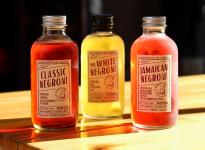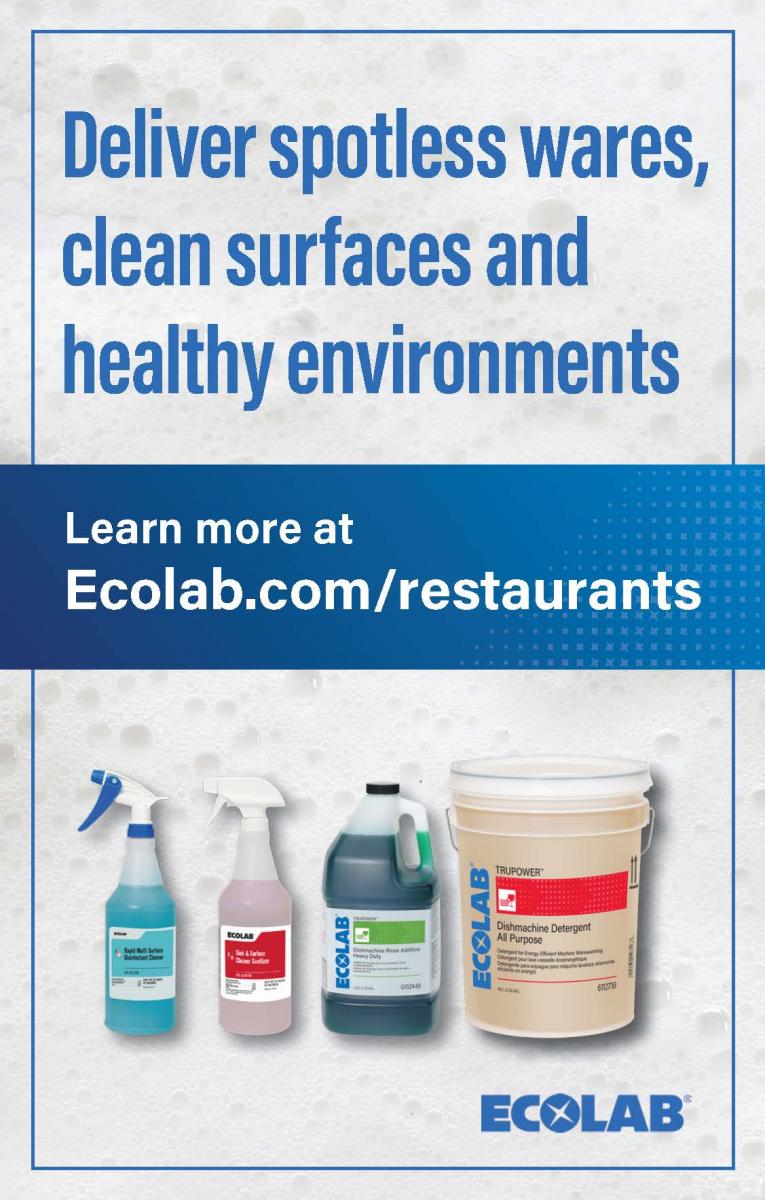You are here
VA Cocktails-To-Go Extension Through July 2024
Good news in Virginia as the Governor signed the Cocktails-To-Go legislation which extends the allowance for restaurants to sell alcoholic beverages to go through July 2024. It was originally set to expire this July. You may recall that RAMW represented our membership as we served on an ABC working group established to study alcohol to go and to inform the related bills, HB 426 and SB 254. ABC will continue the workgroup to examine whether to make the allowance permanent. The legislation implements training and licensure steps for third-party delivery companies and it provides ABC with suspension authority. The measure has additional fine print updates around the hours when cocktails-to-go can be sold for delivery, the amount of cocktails-to-go that can accompany a delivery order, how the cocktails must be transported, and a requirement that food also be part of the delivery order. We will share details with you when ABC updates its rulemaking for licensees. A second measure on third-party delivery, that would require delivery platforms to disclose all fees charged by the platform to a restaurant when an order is placed, was tabled.
Here are the details:
Effective July 1, 2022. From an operating perspective, the cocktails-to-go bills have very few structural changes with an impact on restaurants beyond the extension of the sunset date (now July 2024). That being said, there are new requirements for third party delivery. Here is a recap of how things currently stand and will continue to do so for restaurants:
Alcoholic beverages shall not be delivered after 11:00pm or before 6:00am.
For mixed beverages, the bill maintains current law regarding a limit of four mixed beverages at any one time for off-premise consumption or delivery. Mixed beverage restaurant and limited mixed beverage restaurant licensees must also serve at least one meal with every two mixed beverages sold for off-premise consumption or delivery.
The 2022 bill signed by Governor Youngkin adds that alcoholic beverages not in the manufacturer’s original sealed container must be:
- Enclosed in a container that has no straw holes or other openings and is sealed in a manner that allows a person to readily discern whether the container has been opened or tampered with subsequent to its original closure
- Display the name of the licensee from which the alcoholic beverages were purchased
- Clearly marked with the phase “contains alcoholic beverages”
- In the case of wine, beer, or mixed beverages (if purchased from a mixed beverage restaurant or limited mixed beverage restaurant licensee) have a maximum volume of 16 ounces per beverage
- During delivery, be stored (1) in the truck of the vehicle, (2) in an area that is rear of the driver’s seat, (3) in a locked container or compartment, or (4) in the case of delivery by bicycle, in a compartment behind the bicyclist.
One other potential operational change for restaurants in the bill signed by Governor Youngkin is the removal of the language requiring mixed beverages to be in a “single original metal can or in glass, paper, plastic, or similar disposable containers that include a secured lid, cap, or similar closure that prevents the mixed beverage from being consumed without removal of such lid, cap, or similar closure.”




















